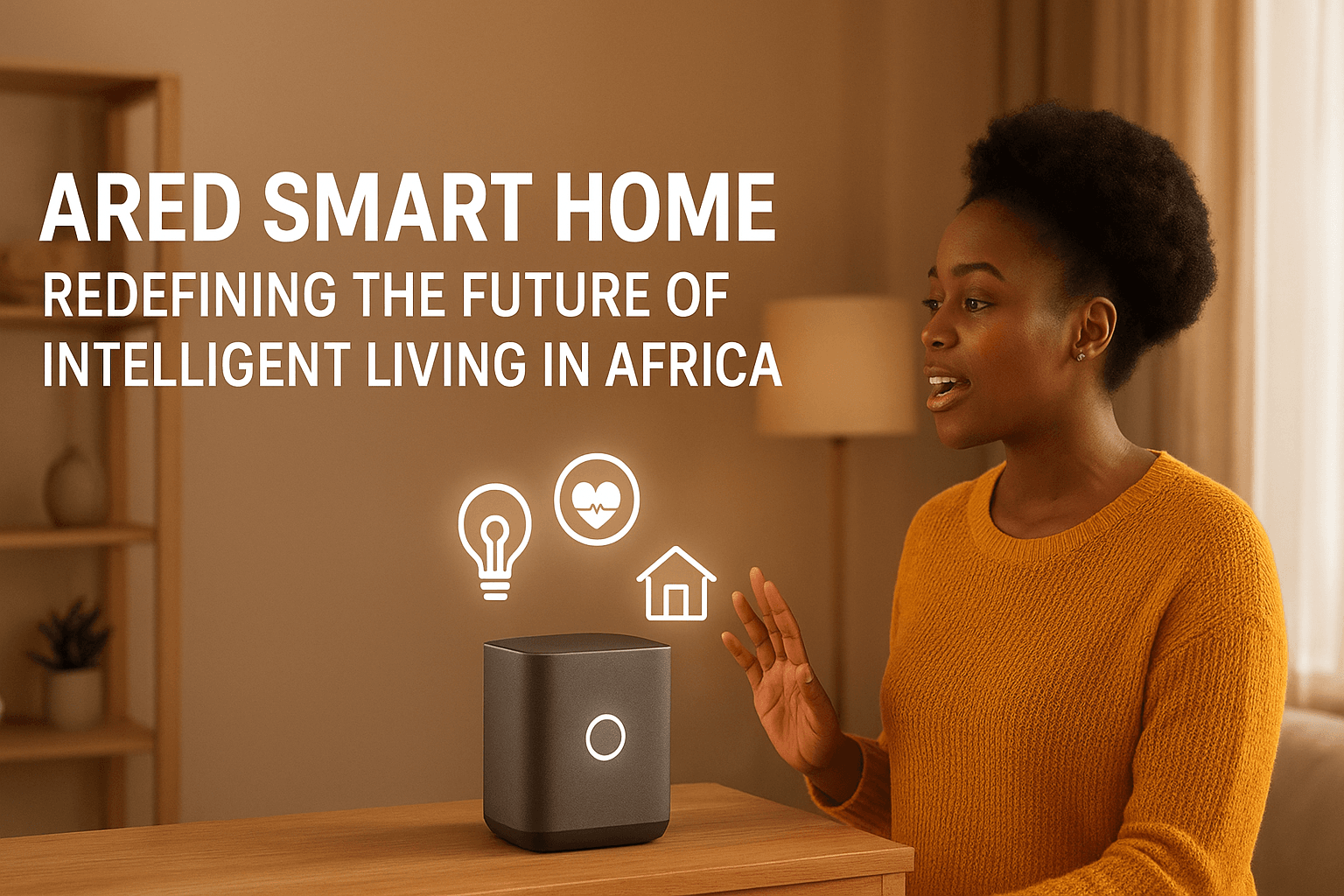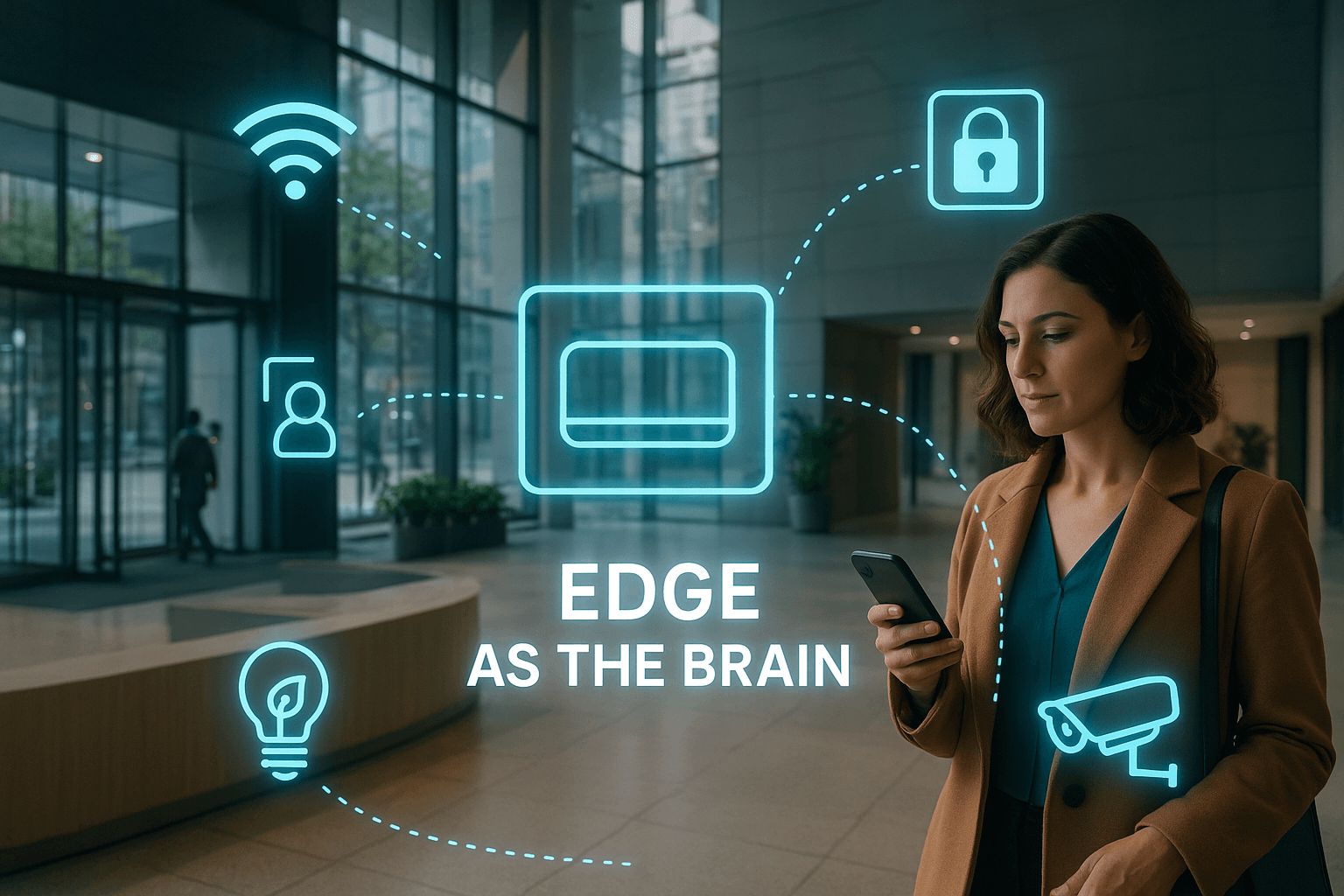
Smart Hospitality Solutions: Essential Guide
The hospitality industry is undergoing a tech-driven evolution, focusing on smarter solutions for better guest experiences and operational efficiency.
We at Shirikihub are excited to explore key features and technologies that can transform your business.
From personalized experiences to energy efficiency, learn about the benefits and innovations in smart hospitality.
What Are Key Features of Smart Hospitality?
Personalized Guest Experiences
Today’s guests expect more than just a room; they crave personalized experiences. Hotels can achieve this by leveraging AI and data analytics to offer tailored services. For instance, Marriott International uses a data-driven approach to understand guest preferences, resulting in enhanced guest satisfaction. This data can include past preferences like room temperature, favorite snacks, or even pillow firmness. Hotels can also offer personalized recommendations for local attractions and dining options via digital concierges. Implementing these features leads to happier guests and can boost repeat bookings by up to 20%.
Integrated Booking and Management Systems
An integrated booking and management system is vital for seamless operations. Systems like Opera PMS by Oracle allow hotels to manage reservations, front desk operations, and guest profiles in one platform. This integrated approach not only improves operational efficiency but also enhances the guest experience by ensuring consistency and speed. Hotels using integrated systems report up to a 15% increase in operational efficiency. Moreover, integration with CRM systems enables personalized marketing campaigns, which can lead to a 5-10% boost in direct bookings.
Energy Efficiency and Sustainability
Sustainability isn’t just a buzzword; it’s a necessity. Energy-efficient solutions such as IoT-enabled smart thermostats and lighting systems can significantly reduce a hotel’s carbon footprint. According to the International Tourism Partnership, hotels can cut energy consumption by up to 20% by adopting smart energy management systems. Additionally, sustainability initiatives attract eco-conscious travelers, a growing market segment. Implementing these practices doesn’t just save costs; it also enhances a hotel’s reputation. For more insights, check out this guide on sustainable technology trends.

By focusing on personalized guest experiences, integrated systems, and sustainability, hotels can stay ahead of the curve and meet the evolving needs of modern travelers.
Which Technologies Drive Smart Hospitality
The Impact of IoT
The Internet of Things (IoT) is revolutionizing how hotels operate. Smart thermostats, lighting, and security systems not only enhance the guest experience but also improve energy efficiency. For example, IoT-enabled HVAC systems can adjust temperatures based on guest preferences or occupancy. This kind of automation can reduce energy costs by up to 20%, according to the International Tourism Partnership. Additionally, IoT devices can streamline housekeeping operations by notifying staff when a room is vacant, optimizing cleaning schedules, and ensuring timely service.
AI and Machine Learning Transformations
Artificial Intelligence (AI) and Machine Learning (ML) are at the forefront of smart hospitality. These technologies enable hotels to offer hyper-personalized experiences. Automated chatbots handle guest inquiries 24/7, improving responsiveness and satisfaction. According to a study by IBM, implementing AI in customer service can result in a 70% reduction in response times. Predictive maintenance is another key area where AI shines. Sensors can monitor equipment and predict failures before they happen, reducing downtime and maintenance costs.
Mobile and Voice-Activated Services
Mobile technology and voice-activated services have become essential in modern hotels. Mobile check-in and digital key services streamline the arrival process, eliminating the need for front desk queues. According to a survey by Oracle Hospitality, 94% of business travelers and 80% of leisure travelers are more likely to stay at a hotel offering mobile-friendly services.

Voice-activated devices like Amazon Alexa and Google Assistant are reshaping in-room experiences. Guests can control room settings, request services, or get information without lifting a finger. Implementing these services can lead to a 30% increase in positive guest feedback, enhancing overall satisfaction rates. For more practical tips on integrating these technologies, explore our smart hotel solutions.
By leveraging IoT, AI, and mobile technologies, hotels can significantly improve operational efficiency and guest satisfaction.
How Does Smart Hospitality Benefit Businesses?
Improved Operational Efficiency
Smart hospitality solutions can drastically improve operational efficiency. For instance, hotels utilizing integrated booking systems notice a 15% increase in efficiency. These systems streamline front desk operations and housekeeping schedules, reducing idle time and errors. Automated processes, like digital check-ins, save staff hours and enhance guest experiences. Housekeeping automated systems ensure that rooms are turned over quickly, maintaining high standards and minimizing guest wait times.

One notable example is the JW Marriott San Antonio Hill Country Resort & Spa, which implemented smart room sensors and automated HVAC systems. The result was a 20% reduction in energy costs, significantly lowering their operational expenses. Further, the integration of predictive maintenance through IoT devices ensures that hotel equipment runs smoothly, minimizing downtime and unexpected costs.
Enhanced Customer Satisfaction and Loyalty
Guests are more likely to return to hotels that offer personalized and streamlined experiences. Implementing AI-driven chatbots means guests receive prompt responses to their queries, with studies showing a 70% reduction in response times. This level of responsiveness boosts guest satisfaction and builds loyalty.
Many hotels have incorporated mobile key and check-in services, resulting in better reviews and repeat customers. According to Oracle Hospitality, hotels offering mobile-friendly services see a 30% increase in positive guest feedback. Additionally, voice-activated room controls and digital concierges add convenience and luxury, making a strong impression on tech-savvy travelers.
Data-Driven Decision Making
The adoption of smart hospitality technologies allows businesses to leverage data for informed decision-making. Hotels can use guest data to tailor marketing strategies, resulting in a 5-10% increase in direct bookings. Furthermore, analyzing data from IoT devices helps in understanding energy consumption patterns, enabling more efficient use of resources. For instance, Marriott International has successfully used data analytics to offer personalized recommendations, enhancing guest experiences and boosting satisfaction.
IoT insights can also positively impact maintenance schedules and energy management. Predictive maintenance, based on data collected from sensors, has reduced unplanned maintenance activities by up to 50% in some hotels. Digital enhancements in guest services such as this elevate the overall guest experience, ensuring high standards and consistency.
By focusing on operational efficiency, customer satisfaction, and data-driven decision-making, hotels can significantly improve their performance and profitability.
Conclusion
Smart hospitality solutions are transforming the way hotels operate and interact with their guests. By focusing on personalized guest experiences, integrated booking and management systems, and energy efficiency, hotels can significantly improve their operations and guest satisfaction. Technologies like IoT, AI, and mobile services drive this transformation by automating tasks, optimizing energy usage, and offering hyper-personalized services.

The benefits for businesses are substantial. Improved operational efficiency can lead to cost savings and better resource management, as seen with the JW Marriott San Antonio Hill Country Resort & Spa which achieved a 20% reduction in energy costs. Enhanced customer satisfaction through AI-driven chatbots and mobile services can lead to a 30% increase in positive guest feedback. Data-driven decision-making leverages guest data and IoT insights to optimize marketing strategies and maintenance schedules, further boosting performance and profitability.
At Shirikihub, we understand the importance of adopting these smart solutions. Our Smart WiFi management system offers versatile connectivity options, while Shiriki Cloud delivers AI-driven distributed cloud storage to reduce costs and latency. Our sustainable, solar-powered data centers are designed to bridge the digital divide, making them ideal for emerging markets. Learn more about how we can help you transform your business at Shirikihub.
Embracing smart hospitality solutions is not just about staying competitive; it’s about enhancing every aspect of your operations and guest experiences. Adopting these innovations can position your hotel for success in a rapidly evolving industry.


